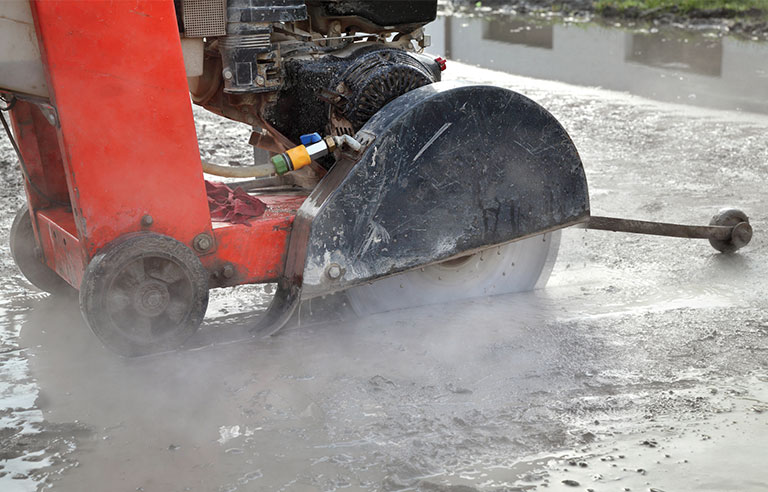
For people who have sarcoidosis, inflammatory cells collect and grow in parts of the body – typically the lungs and lymph nodes – and can potentially damage organs. The cause of the disease isn’t known, “but experts think it results from the body’s immune system responding to an unknown substance,” the Mayo Clinic states. No cure for the disease exists, but treatments are available. In certain instances, sarcoidosis clears up on its own.
For the study, the researchers assessed the potential exposures to silica, beryllium, aluminum and zirconium among 256 sarcoidosis patients and 73 control patients who had obstructive sleep apnea, using the results of a questionnaire on work history. Patients with OSA were used as controls because “there is no relationship between environmental triggers and development of OSA.”
Results show that the sarcoidosis patients had a higher percentage of workplace exposure to silica or the other metals – 32.4% (or 83 out of 256), compared with the control group’s 24.7%. After the researchers examined the immune system reactions to silica and the other metals in 33 sarcoidosis patients and 19 control patients using a lymphocyte proliferation test, more than 21% of the former group showed reactions to the materials compared with none of the latter group.
Immunoreactivity to silica and metals was only found in sarcoidosis patients, supporting the hypothesis that these antigens may be involved in the pathogenesis of a distinct subgroup of sarcoidosis patients. This indicates that when searching for causative agents in sarcoidosis patients, besides beryllium, also zirconium, aluminium and silica deserve clinical investigation.
The study was published online June 8 in the journal Respiratory Research.
McCraren Compliance assists employers in protecting their workers, starting with a comprehensive Work-site Analysis, Hazard Prevention, Controls, and Safety & Health Training.


